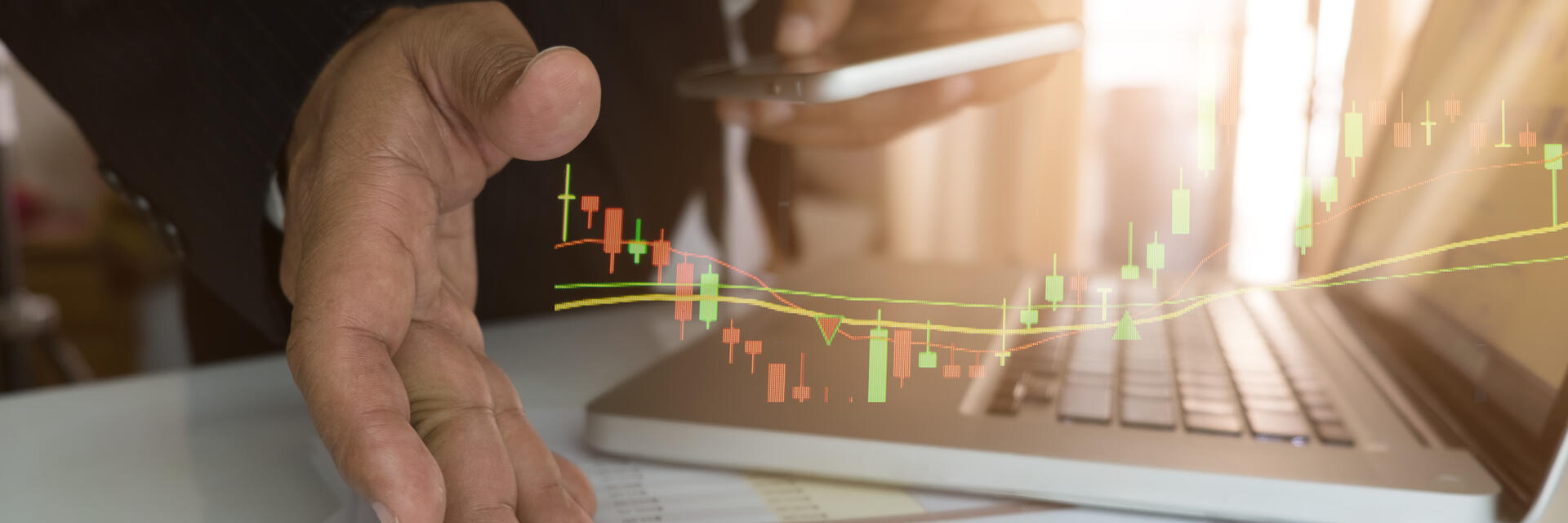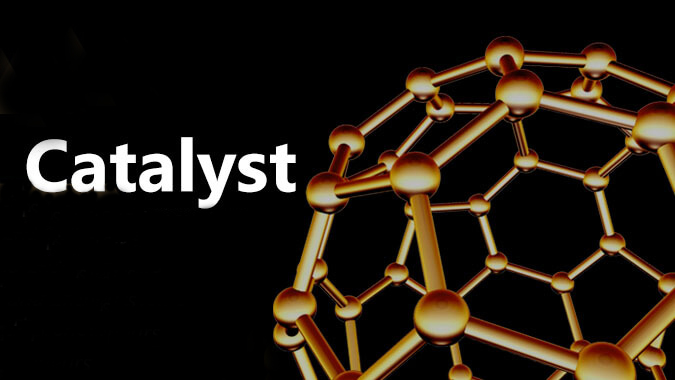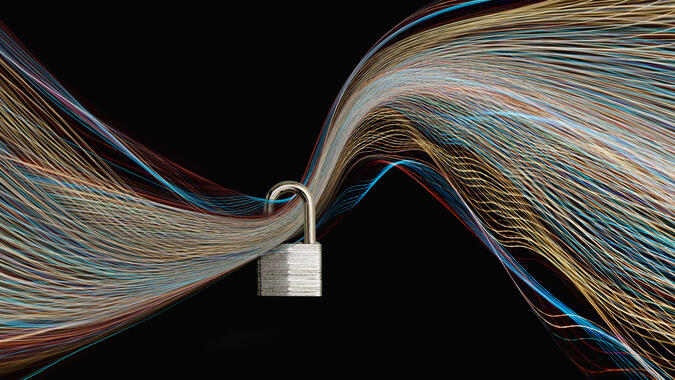
Surfs Up: Navigating the Waters of Information Overload
- Published
- Nov 7, 2022
- Share
By Kent Fehrm
If the quality of information is relative to its quantity, and the access we have to information in modern times is excessive, can we do anything to prevent its negative effect? We are bombarded with large amounts of information every day from our cell phones and computers. With access to large amounts of information, we must decide what to focus on and what to ignore. Without anyone to sift all this data, we only have ourselves to determine which information to process. When we experience information overload, an unhealthy processing discipline is all but assured.
A Healthy Versus Unhealthy Processing Discipline
Information can help us flourish and make sense of our day-today lives. However, without a healthy individual processing discipline, taking in too much information can drown us. Specifically, if information is received in moderation, you can adjust your individual processing discipline to be efficient with the excessive volume of information you take in on a day-to-day basis. In other words, to form a healthy individual processing discipline, adjust your routine to mentally prepare for information overload.
One thing you can do to support a healthy information processing routine is to set ground rules on information intake from phones and computers. For example, when you wake up in the morning and look at your phone, don’t look up negative content or “doom scroll,” which, according to Insider is, “the obsessive urge to scroll through negative news.” This way, you are much more likely to have willpower and energy for the day.[1] If you don’t mentally prepare for information overload on a day-to-day basis, such as partaking in doom scrolling, you could have an unhealthy individual processing discipline—with potential to lose energy and strength of will. If you refrain from looking up negative information, however, you can walk away with optimal energy and maintain a healthy individual processing discipline for the rest of your day.
Information Consumption Under the Lens
According to Zippia.com[2], in 2022, the average American spends five hours and 24 minutes each day on their cell phone. If you consider the lack of access to cell phones 20 years ago, the shift from how we spend our personal time has changed dramatically. To look at the big picture on how dependent we are on taking in new information, Zippia.com also states that the average person in 2022 checks their phone at least 96 times per day, or once every ten minutes. If we do a rough comparison between a modern smartphone and desktop computer, most tasks that can be completed on a desktop can now also be completed on a smartphone. Further, if we examine a typical desktop computer in a home office in the 2000s and visualize ourselves walking in and out of the room every 10 minutes to check on the computer, this behavior could have been considered excessive and addictive. However, the dependence we have today for new information could be considered normal by our society. If society is in the sea of information together, we can help extract data from this sea to help each other to avoid the consequences of information overload.
Embracing Information Overload for the Better Good
The most common consequence of consuming too much data in a given day, according to Efectio[3], is cognitive overload for our brain, aka brain fog. Cognitive overload makes it harder for one to make decisions and think critically. One example of how you can prevent brain fog in a work setting is to embrace your lunch hour. Even though there are exceptions and times when we need to work through lunch, it is healthy to have a routine where we limit our information and either set our smartphone or laptop to the side to relax and breathe. When at home, have disconnect time where you set your phone in a different room, turn your phone off, or take a computer break. Without access to a smartphone or computer, you can increase your focus and control, while having a healthy individual processing discipline. Overall, you can remedy the consequences of information overload and have a healthy individual processing discipline by adjusting your routine and mentally preparing every day for the excessive volume of information with which you’re bombarded.
[1] https://www.insider.com/guides/health/mental-health/doomscrolling#:~:text=Doomscrolling%20is%20a%20recent%20term,and%20seek%20out%20positive%20stories.
[2] https://www.insider.com/guides/health/mental-health/doomscrolling#:~:text=Doomscrolling%20is%20a%20recent%20term,and%20seek%20out%20positive%20stories.
[3] https://efectio.com/en/how-too-much-information-can-overwhelm-you/.
Contact EisnerAmper
If you have any questions, we'd like to hear from you.
Receive the latest business insights, analysis, and perspectives from EisnerAmper professionals.











